
Poliempreende is the largest national network for entrepreneurship and networking within the panorama of higher education in Portugal. The network was created with the goal of promoting entrepreneurial culture, currently integrating over 20 Polytechnic Higher Education institutions. The contest aims to stimulate creativity and the development of innovative ideas, emphasizing applied research.
This initiative aims to evaluate and reward projects developed and presented by students, graduates, or faculty of these institutions, as well as other individuals, provided they are part of teams consisting of students and/or graduates.
The main objective of this contest is to instill and stimulate entrepreneurship, as well as to enhance career opportunities that may lead to the creation of new businesses and generate employment, leveraging the practical and professional nature of their education.
The University of Madeira (UMa), aware of the importance of entrepreneurship in each student’s academic journey, aims to foster an entrepreneurial culture and contribute to regional development, assisting in the qualification of the business community and promoting self-employment.
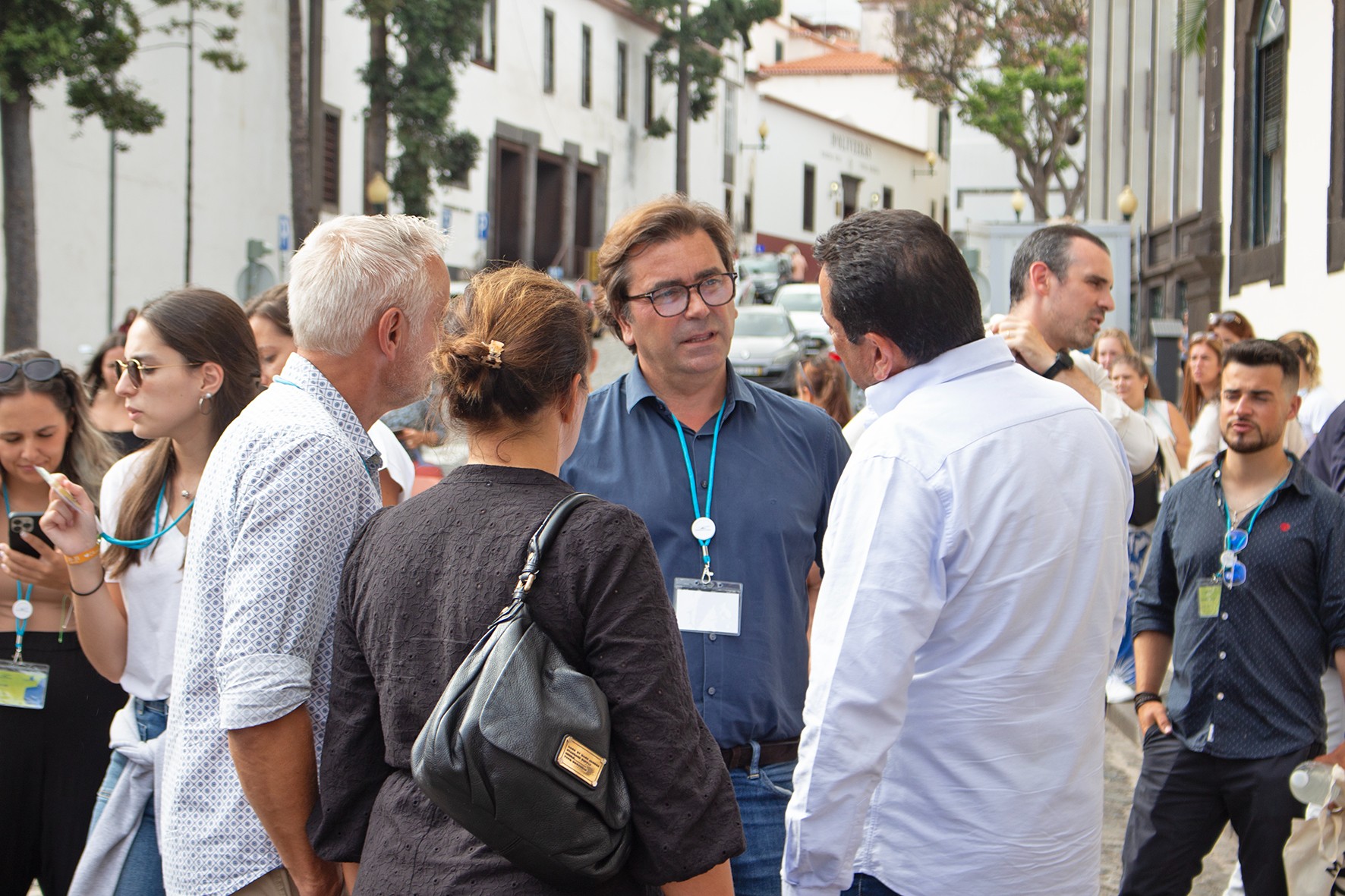
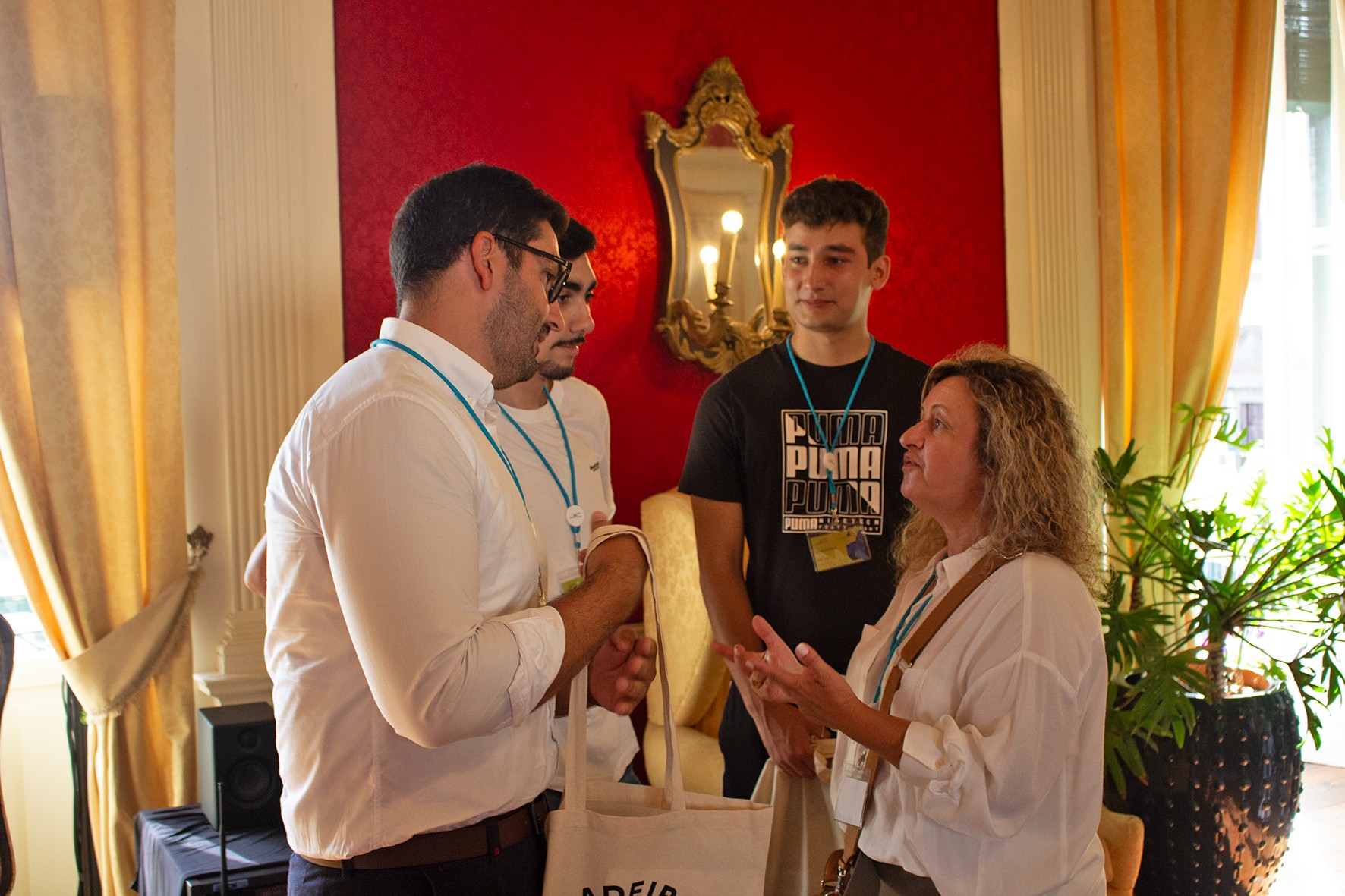
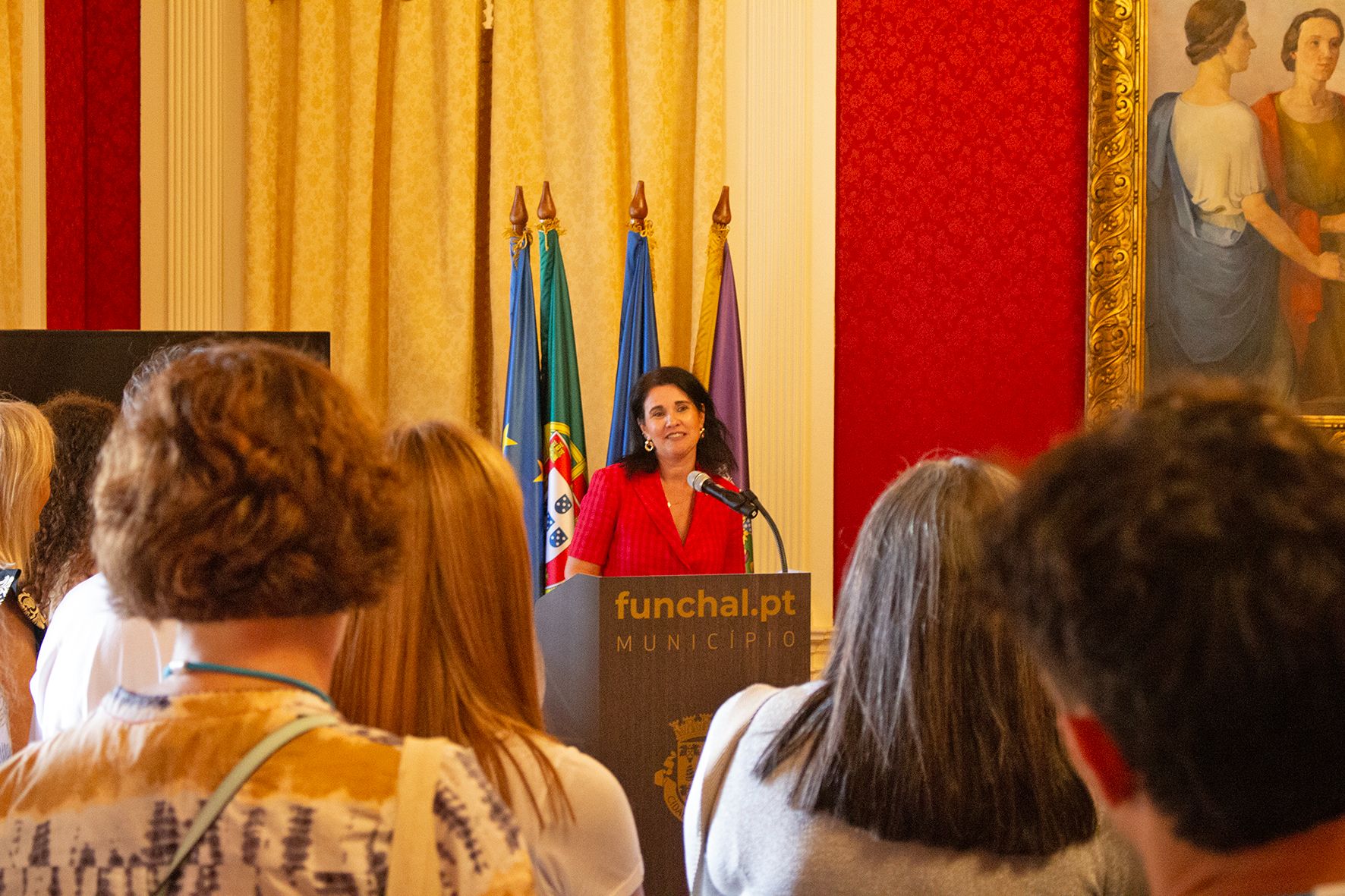
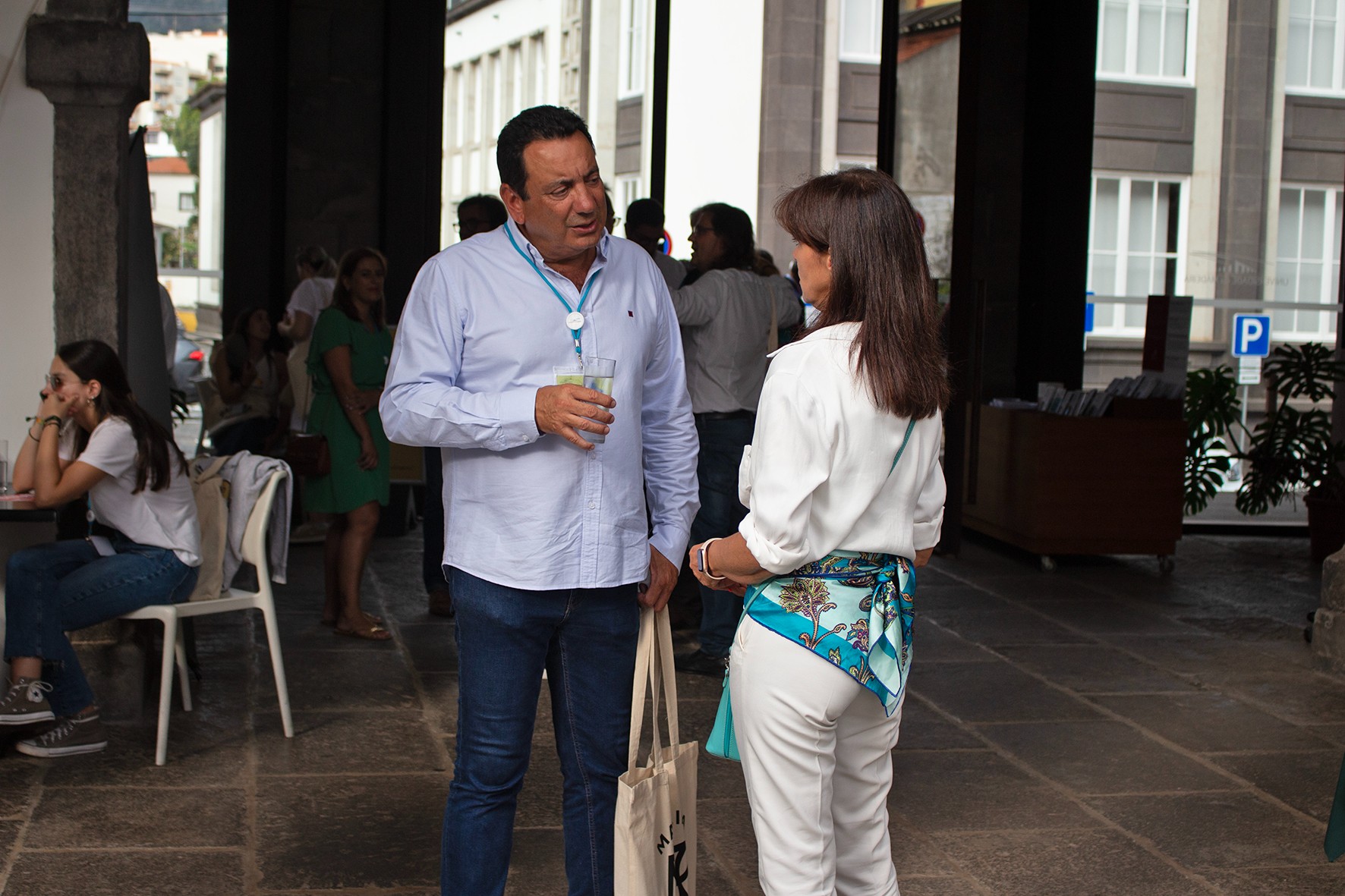
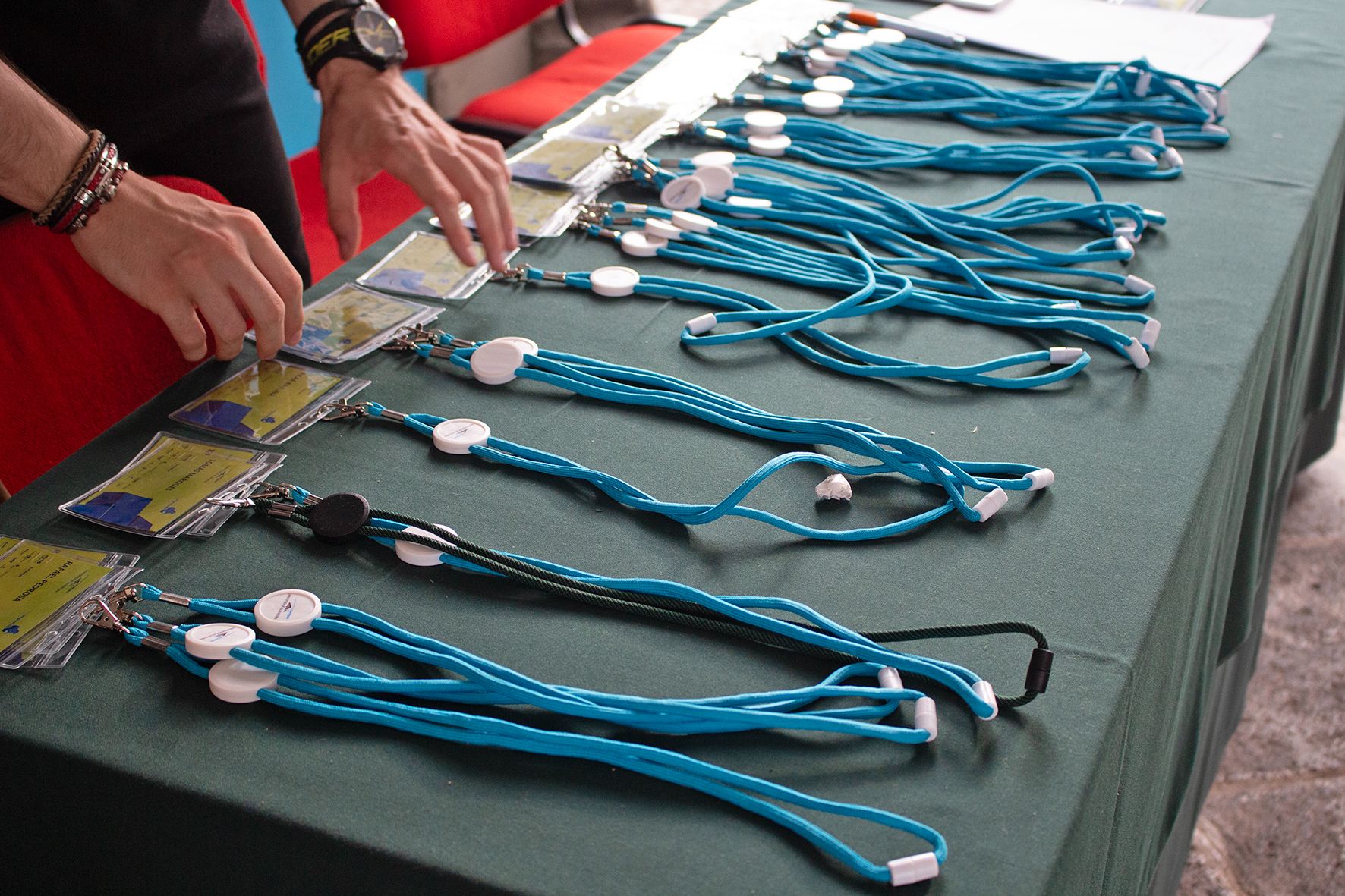
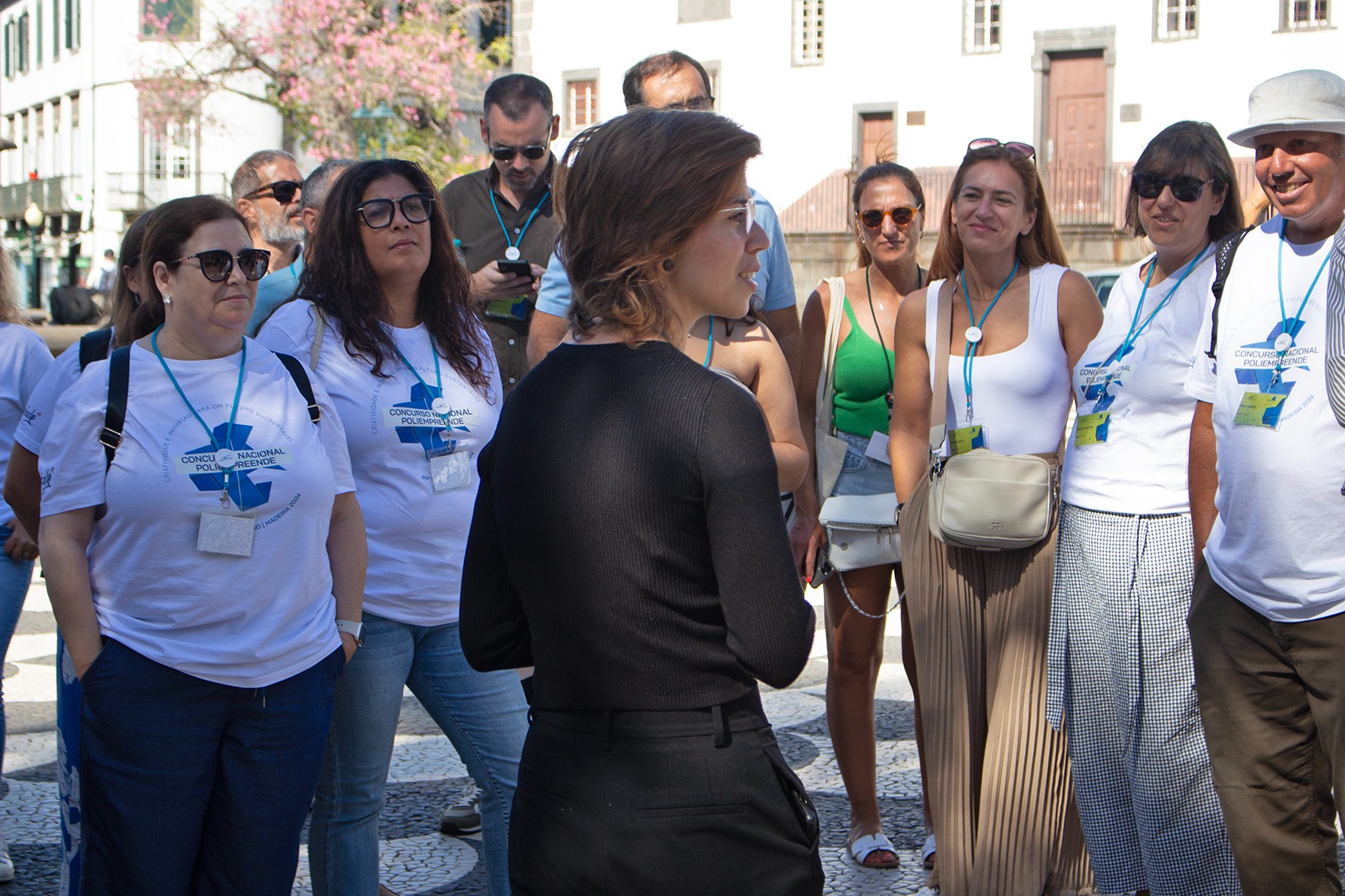
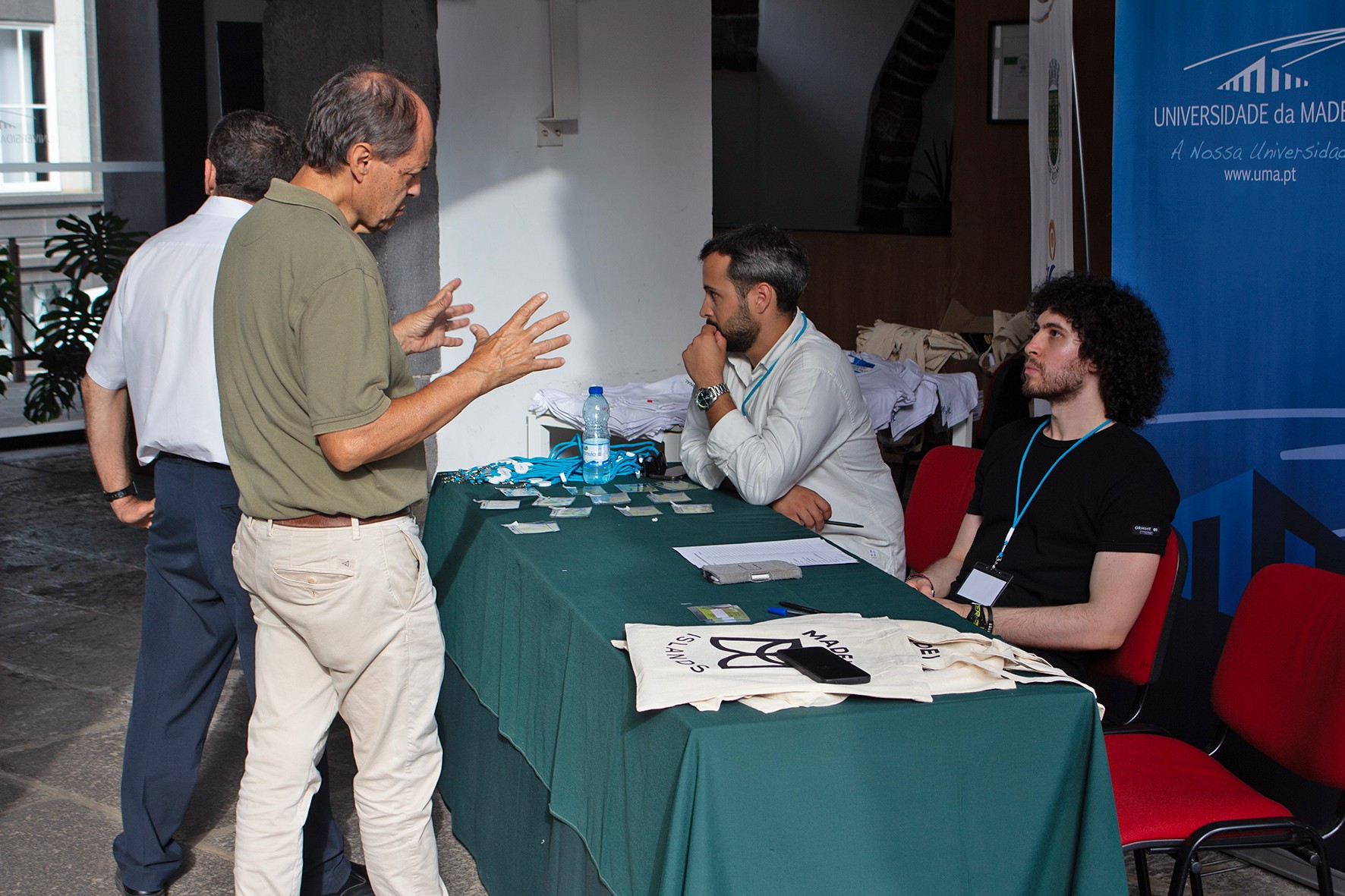
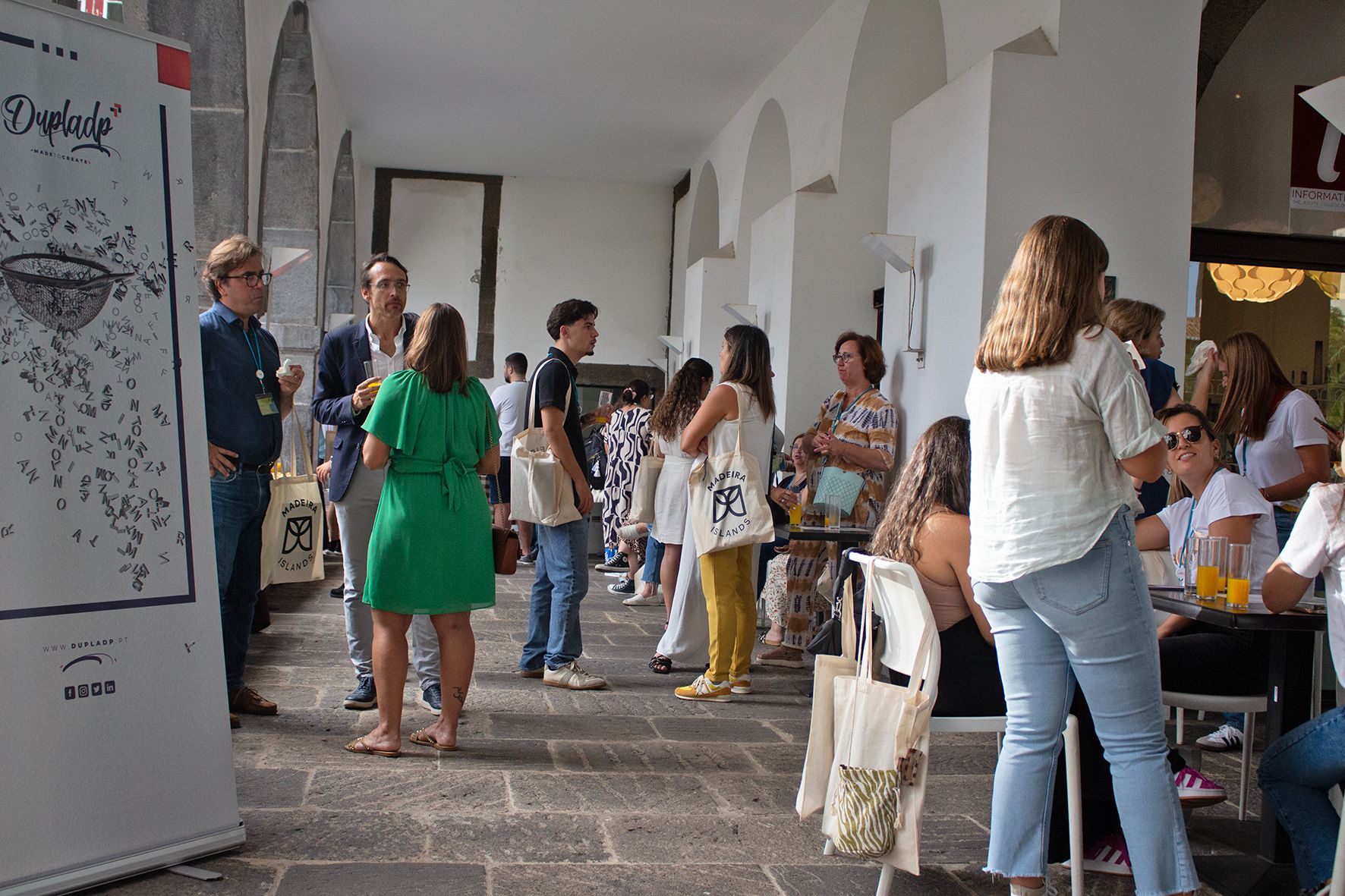
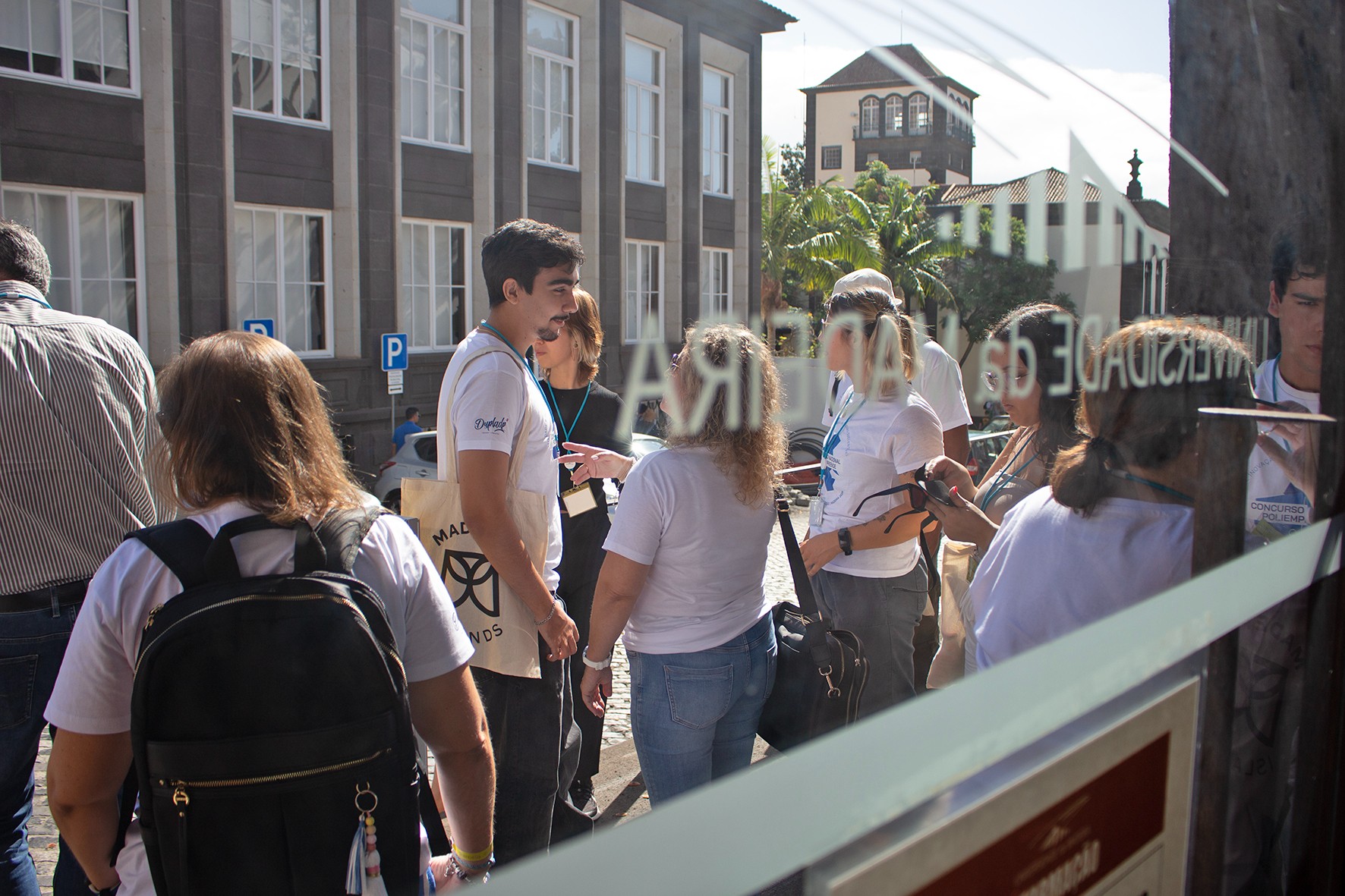
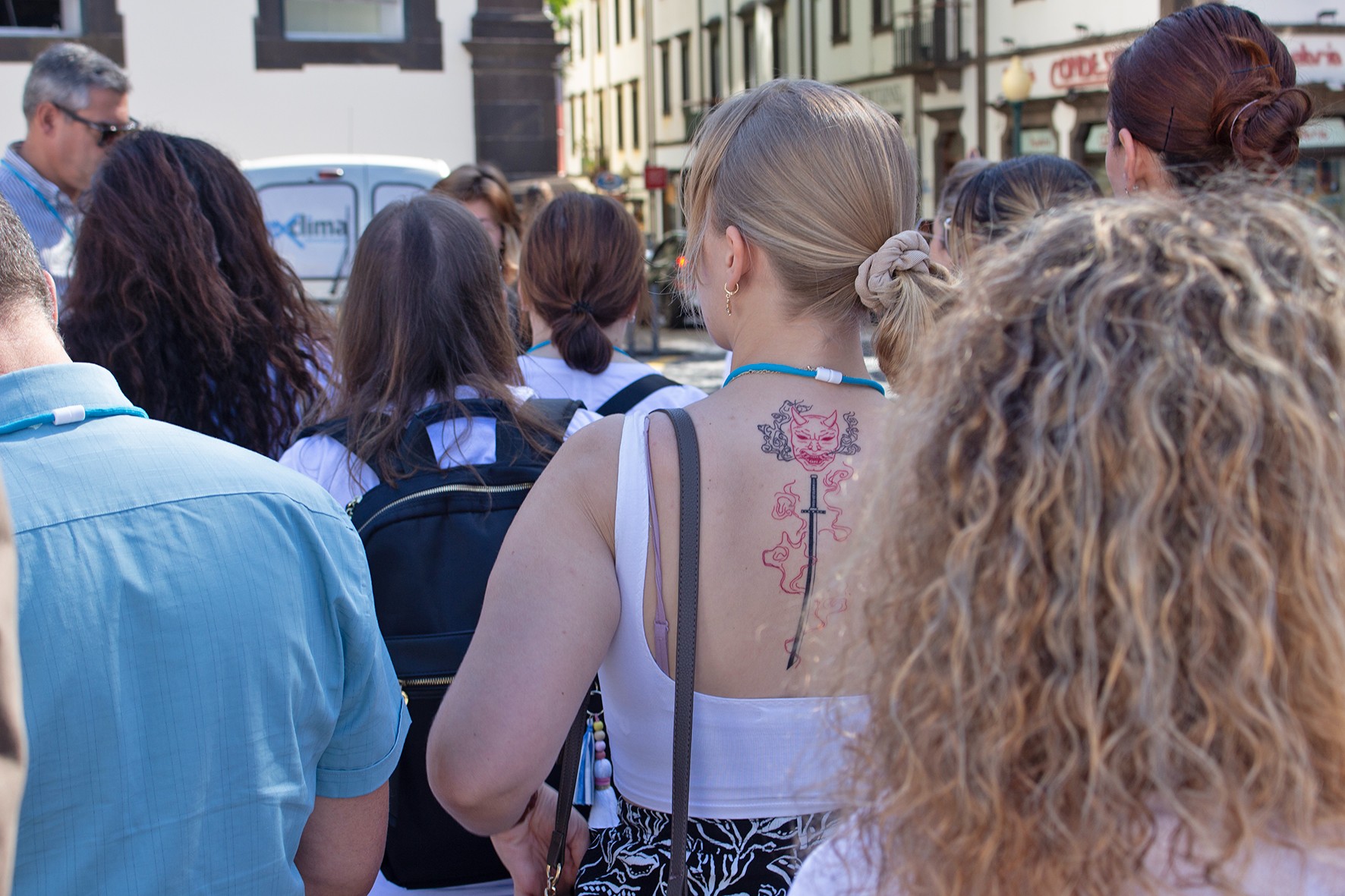
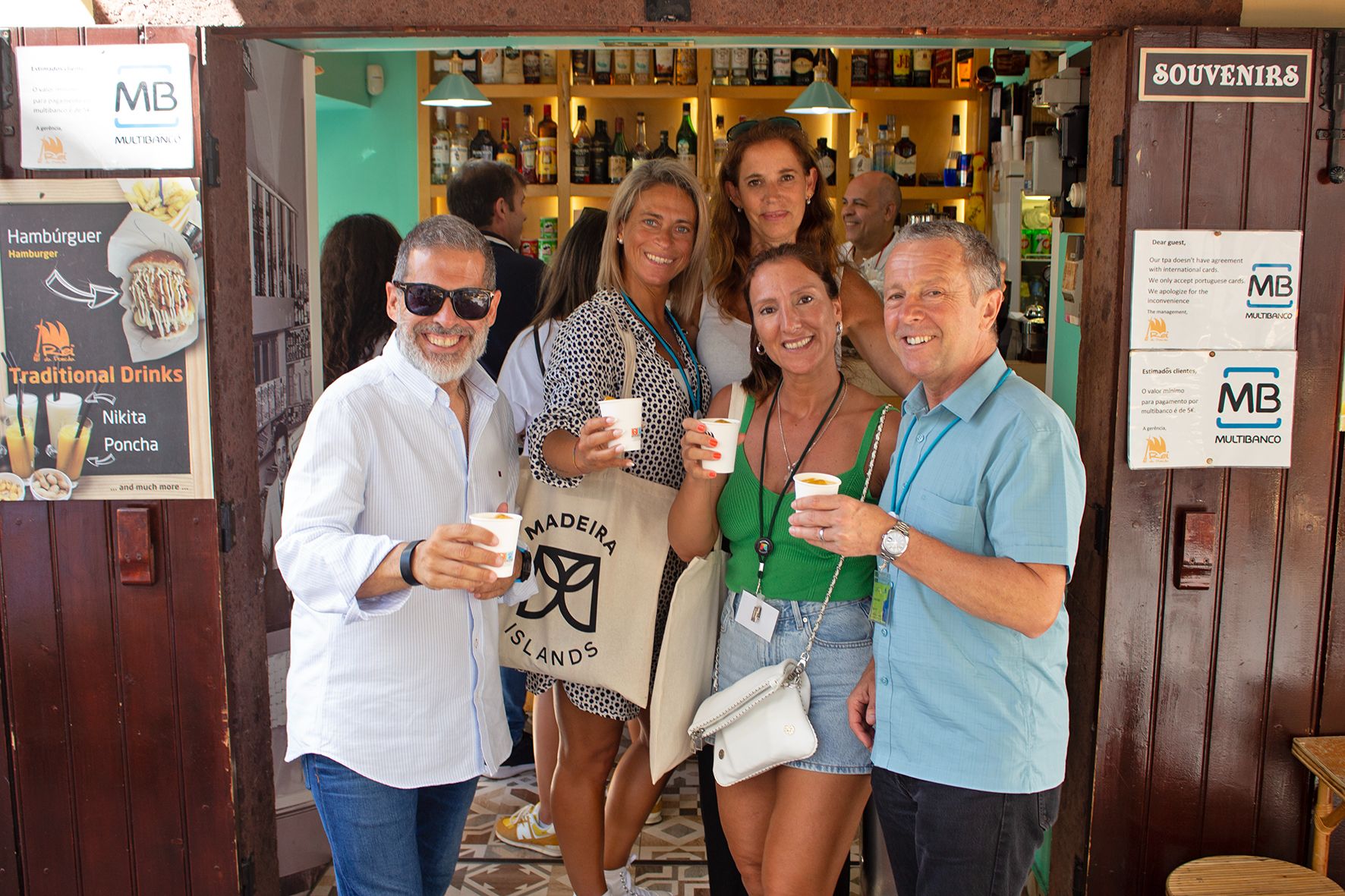
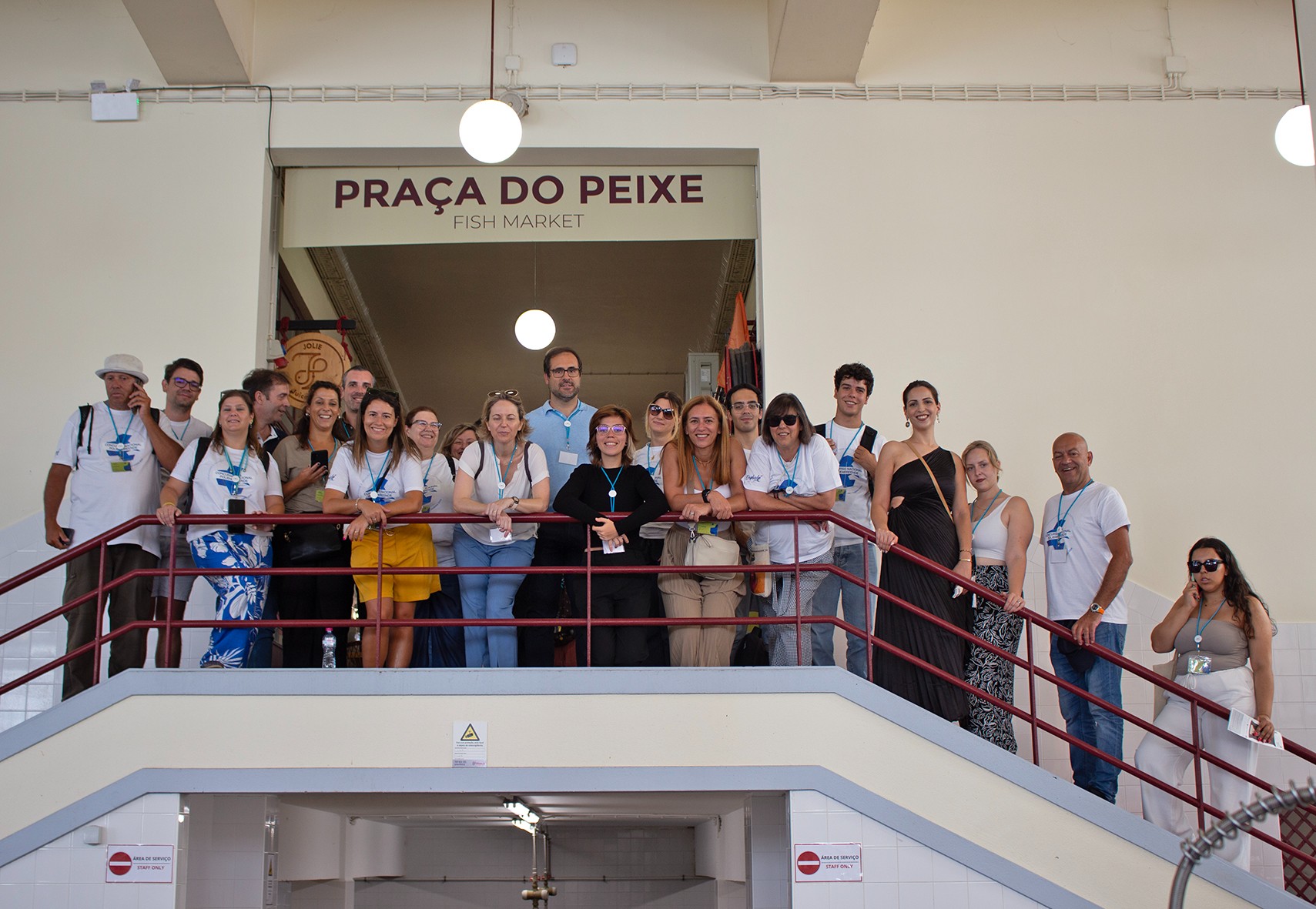
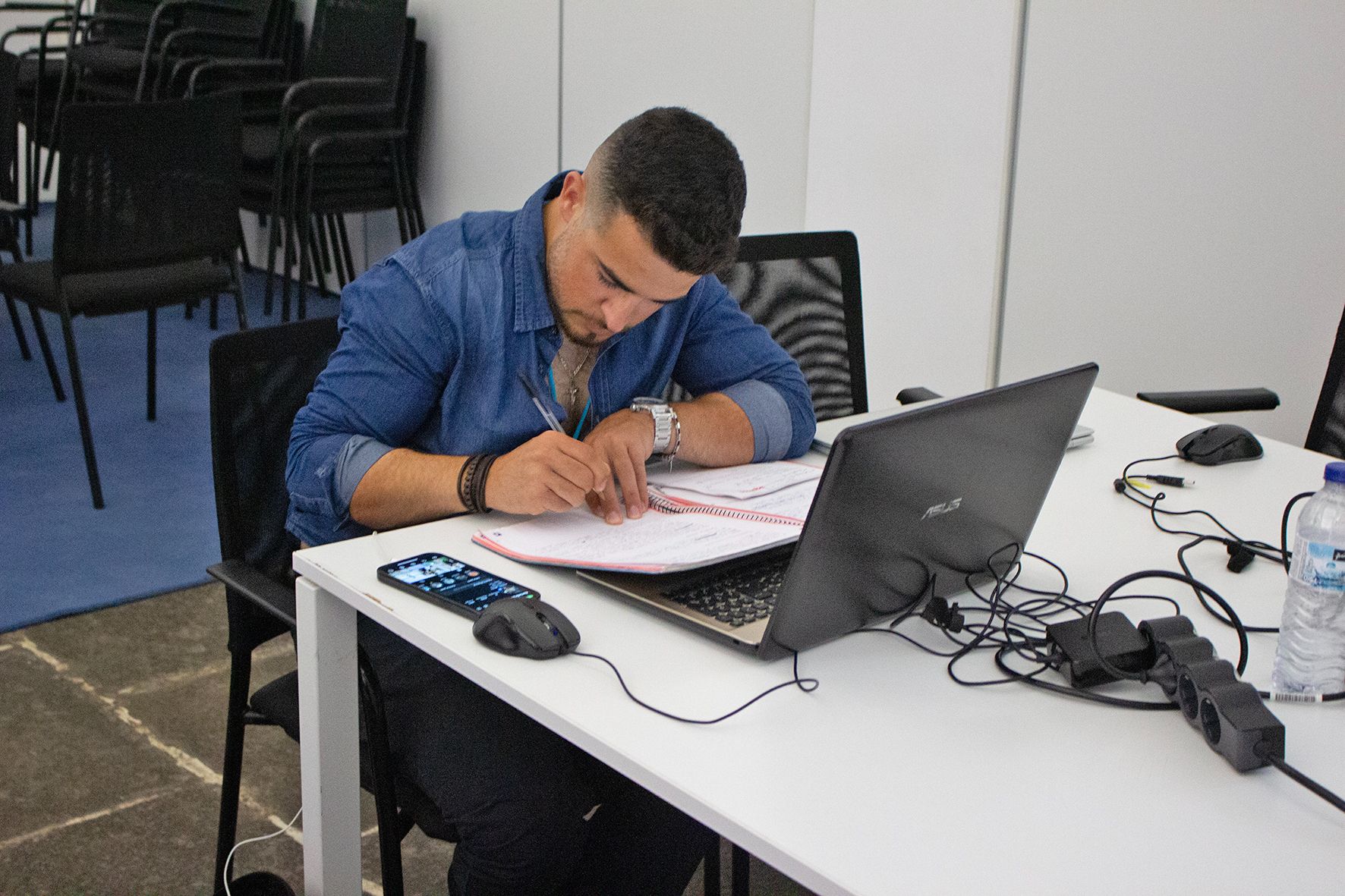
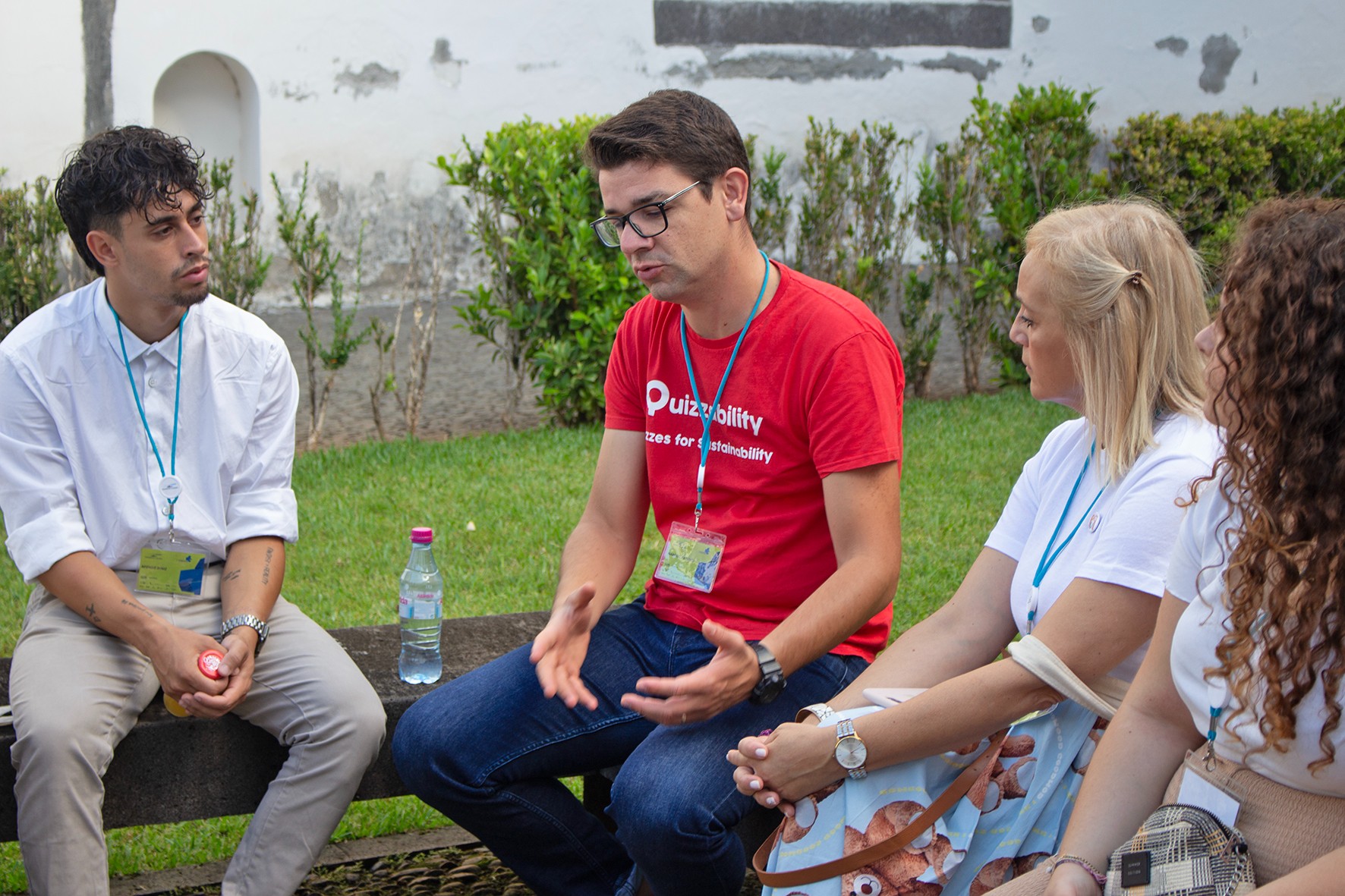
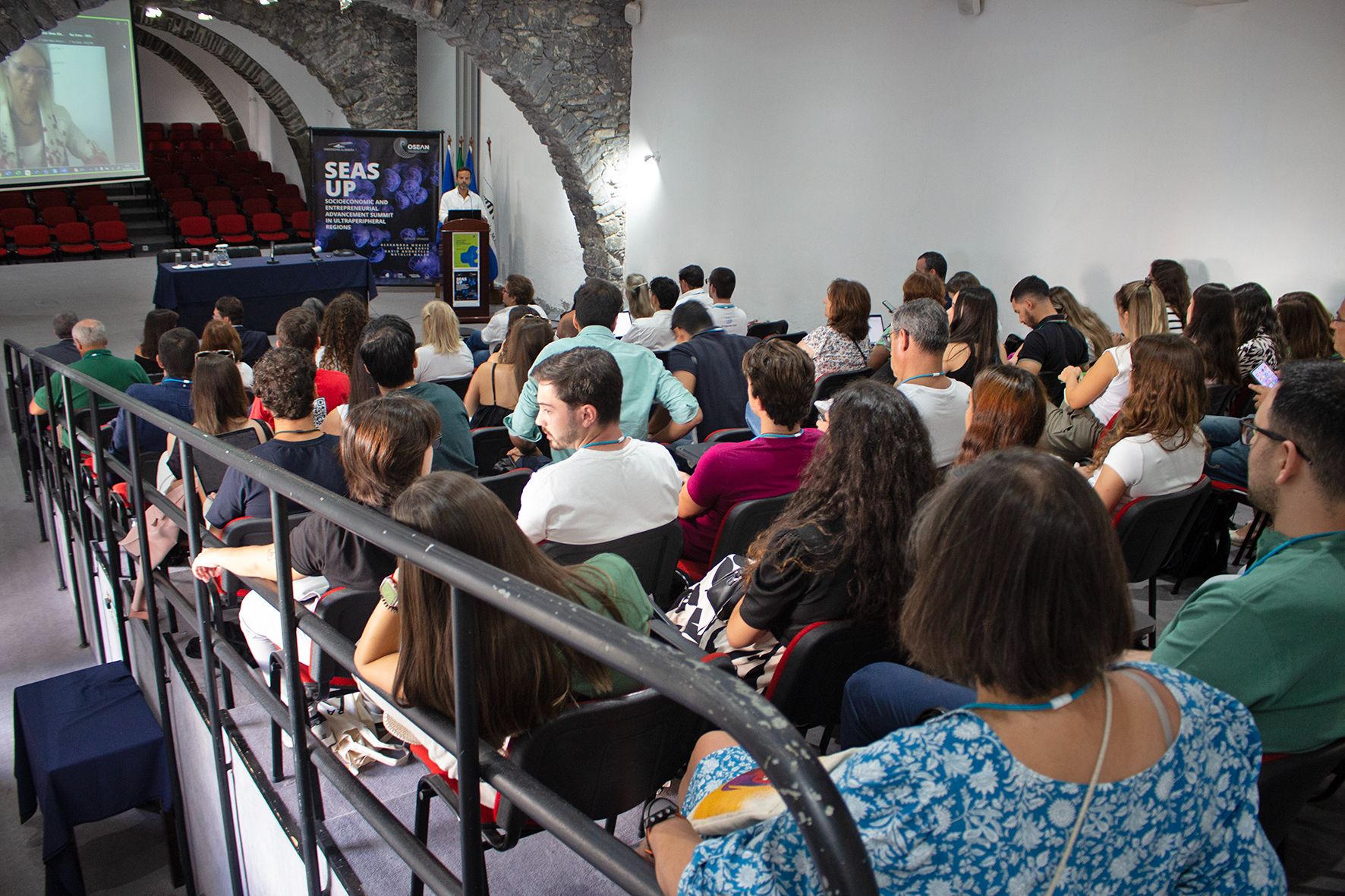
Participants include:
The amounts for the 1st, 2nd, and 3rd National Prizes are:
The national prizes are provided in two installments. The first corresponds to 50% of the total amount, given at the public closing ceremony of the contest. The remaining 50% is awarded upon presentation of proof of business activity commencement, confirming the implementation of the project.
One of the goals of Poliempreende is to prepare students for creating their own business/company. This document aims to provide some guidelines/suggestions to facilitate the preparation of the presentation and establish a guiding line for them.
GENERAL NOTES
PRESENTATION CONTENT
Regardless of the chosen business areas, it is advisable to mention some aspects such as:
These should be presented very briefly and include the following information:
MOST COMMON MISTAKES
BEST PRACTICES
Final Evaluation = Average of jury evaluation
The evaluation will be obtained by the arithmetic average of all jury evaluations. In case of a tie, the Jury President—a representative member of the University of Madeira—will have the tie-breaking decision, which is binding.
The individual evaluation of each jury member will be based on a scale of 0 to 20 points according to the following criteria:
After weeks of work, teams should be ready to present the entire work plan. The final presentation will be made before a jury that will select and reward the teams with the most promising ideas.
Presentations: 7 minutes pitch + 5 minutes Q&A + 3 minutes transition between teams.
9:30 a.m. — Team 1
9:45 a.m. — Team 2
10 a.m. — Team 3
10:15 a.m. — Team 4
10:30 a.m. — Team 5
10:45 a.m. — Team 6
11 a.m. — Coffee break
11:15 a.m. — Team 7
11:30 a.m. — Team 8
11:45 a.m. — Team 9
12 p.m. — Team 10
12:15 p.m. — Team 11
12:30 p.m. — Lunch
2:30 p.m. — Team 12
2:45 p.m. — Team 13
3 p.m. — Team 14
3:15 p.m. — Team 15
3:30 p.m. — Team 16
3:45 p.m. — Team 17
4 p.m. — Coffee break
4:15 p.m. — Team 18
4:30 p.m. — Team 19
4:45 p.m. — Team 20
5 p.m. — Team 21
5:15 p.m. — Team 22
FIRST DAY (SEPTEMBER 2)
TIME | ACTIVITY |
4 p.m.–5:30 p.m. | Welcome and Registration (Jesuit College) |
6 p.m. | Welcome Session (Funchal City Hall) + Cocktail Reception (Madeira Wine) |
7:30 p.m. | Pizza Dinner (Jesuit College) |
SECOND DAY (SEPTEMBER 3)
TIME | ACTIVITY |
9:30 a.m. | Opening session by the President of the Regional Government of Madeira (TBC) |
10 a.m.–12:30 p.m. | Group 1: Mentoring Session (Jesuit College) Group 2: Visit to the Funchal Cultural Circuit Coffee Break at 11 a.m. |
1 p.m.–2 p.m. | Lunch (Penteada Campus Cafeteria) |
2:30 p.m.–6 p.m. | Group 1: Visit to the Funchal Cultural Circuit Group 2: Mentoring Session (Jesuit College) Coffee Break at 4 p.m. |
8 p.m. | Dinner (Jesuit College) |
THIRD DAY (SEPTEMBER 4)
TIME | ACTIVITY |
9:30 a.m.–12:15 p.m. | Pitch Sessions (Jesuit College) Coffee Break at 11 a.m. |
12:30 p.m.–2 p.m. | Lunch (Penteada Campus Cafeteria) |
2:30 p.m.–5:15 p.m. | Pitch Sessions (Jesuit College) Coffee Break at 4 p.m. |
8 p.m. | Gala Dinner + Closing Session and Award Ceremony (Savoy Palace) |
As the capital of the Autonomous Region of Madeira and situated on the south coast of the island, in a beautiful bay bearing the same name, Funchal received its first charter in the mid-15th century, with its name originating from “funcho,” a common aromatic herb in this region.
Rich in history, cosmopolitan, and with a fantastic life of its own, Funchal has much to see and admire today, starting with the historic cores of its parishes such as São Pedro, Santa Maria, or Sé, which invite pleasant strolls. Funchal also offers a strong cultural component, encompassing museums and cultural spaces of equal interest.
Not to be missed is the Mercado dos Lavradores, where the flavors and aromas of fruits and flowers blend with the usual hustle and bustle of a market.
Known as a “garden by the sea,” Funchal boasts green spaces such as the Botanical Garden or the Quinta do Palheiro Ferreiro Garden, both featuring plants from all corners of the world.
There’s nothing like a cable car ride to better appreciate the beauty of the city and its surroundings, with the option to take the cable car connecting Monte to the Botanical Garden or the city center. Once in Monte, a ride in the “basket car” is a must.
Back in the city center, you can stroll through Funchal Marina and take the opportunity to admire the sailboats and, further ahead, the cruise ships from various destinations.
UMa aims to find suitable solutions within a framework of responsibility, equity, and sustainability, contributing to the development and affirmation of Madeira and the country in a globalized and dynamic world.
UMa pursues activities of scientific research, promoting the dissemination and social and economic valorization of knowledge and technological innovation. It ensures human formation at the highest level, in its cultural, scientific, artistic, technical, and professional aspects, offering cycles of studies leading to academic degrees, CTeSP, and other non-degree courses. It seeks to prepare its students for the challenges of global society and lifelong learning, imparting scientific knowledge, technical competence, and cross-disciplinary education.
Address:
Colégio dos Jesuítas
Rua dos Ferreiros
9000-082, Funchal
Madeira Island, Portugal
Phone & Email:
+351 291 705 060
+351 912 365 049
osean.social@gmail.com